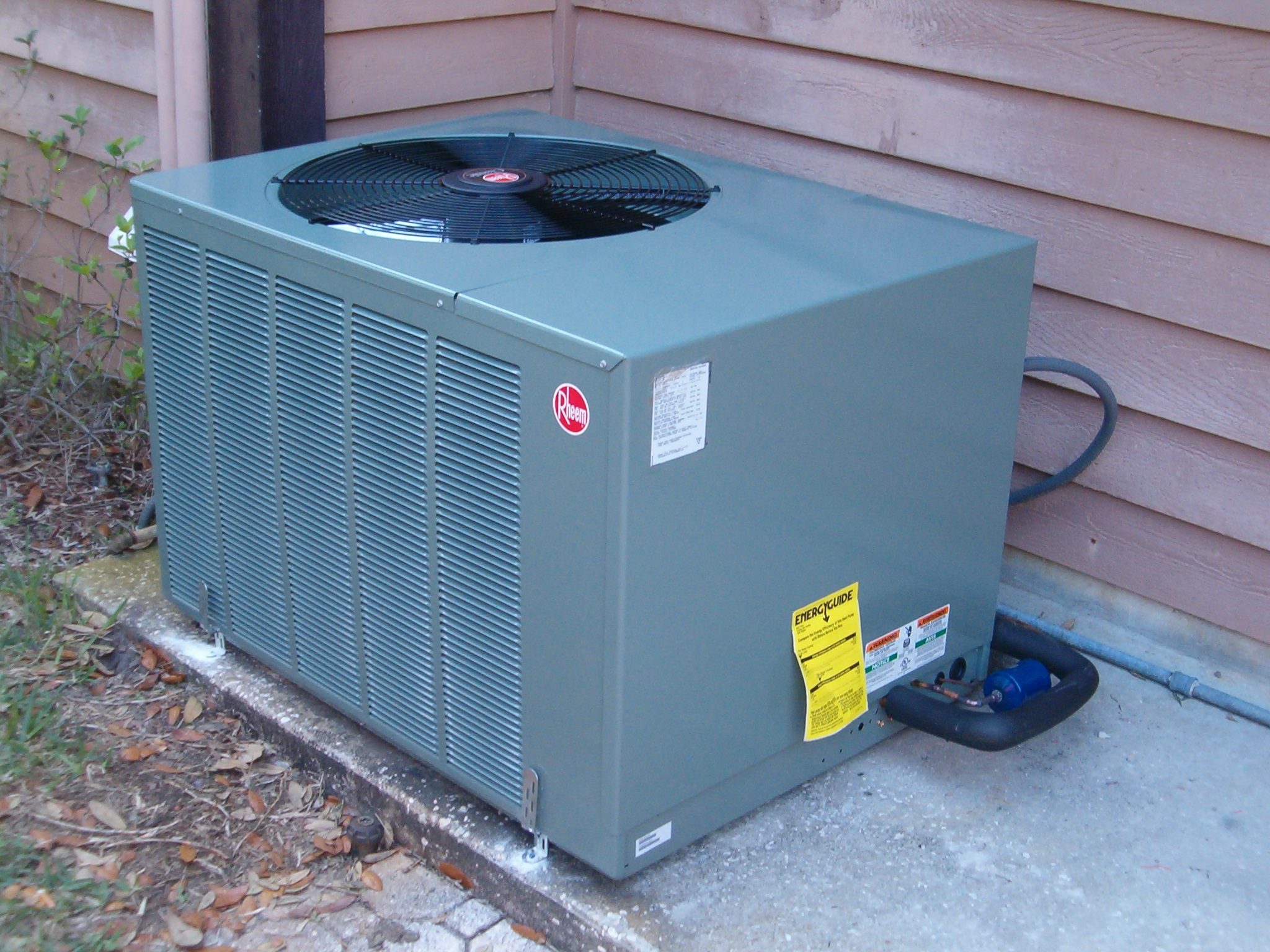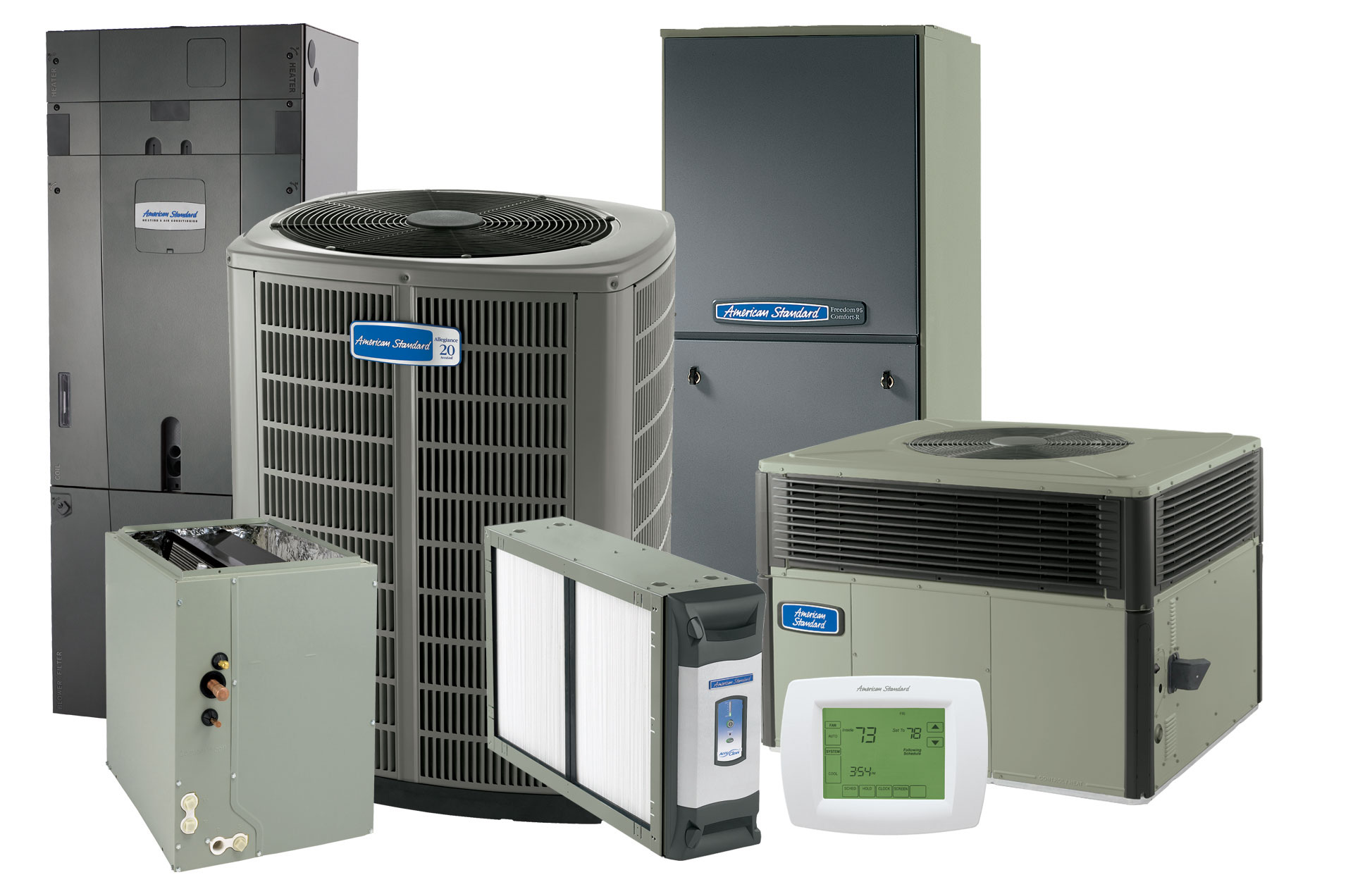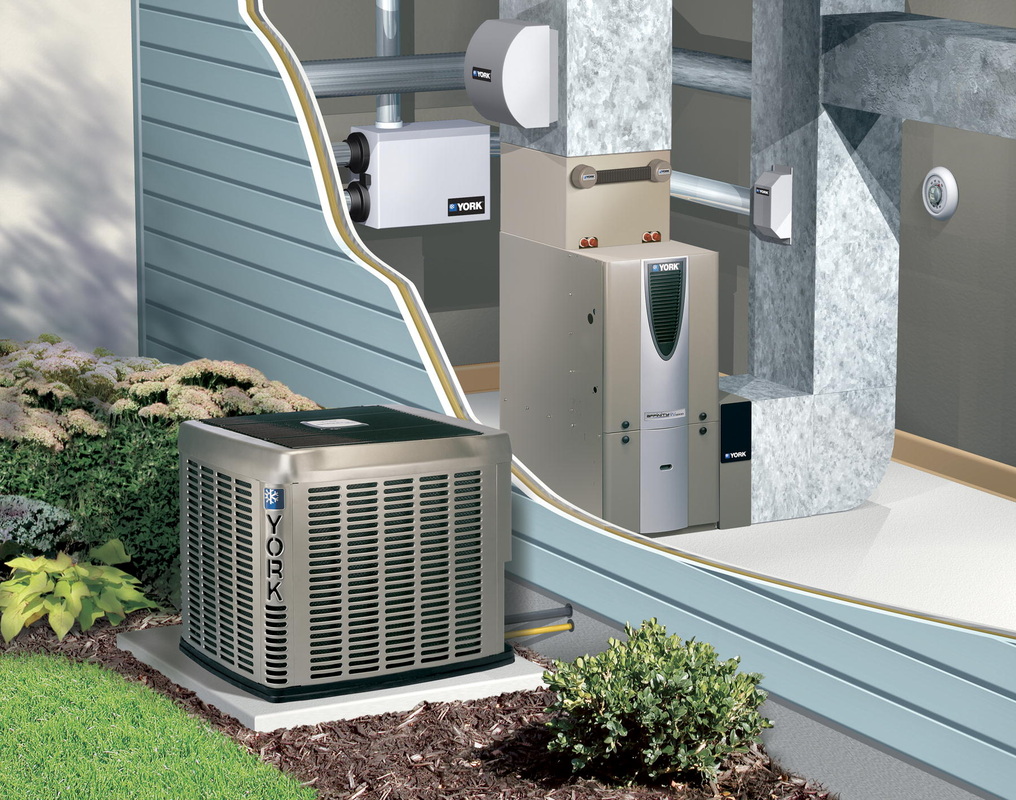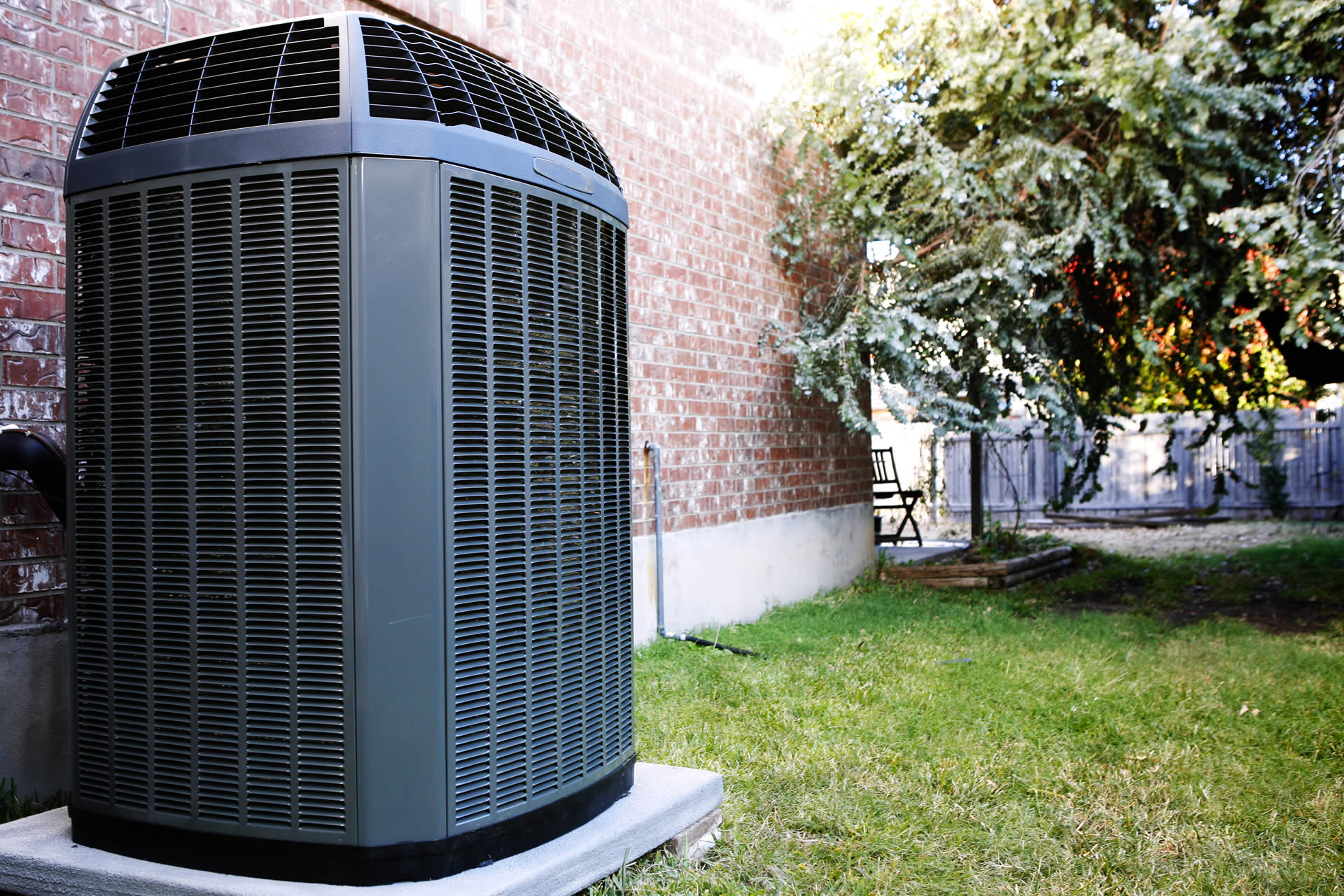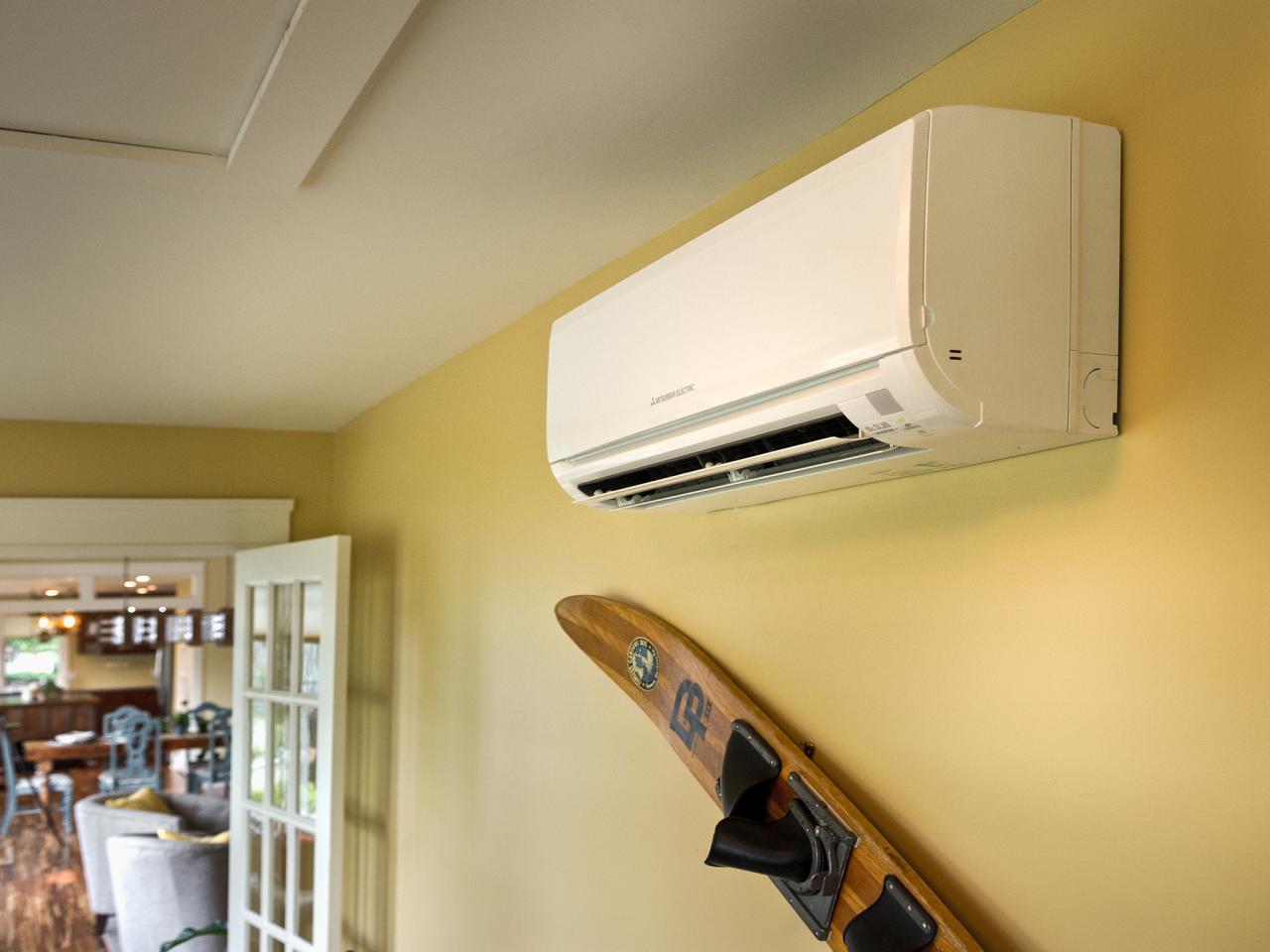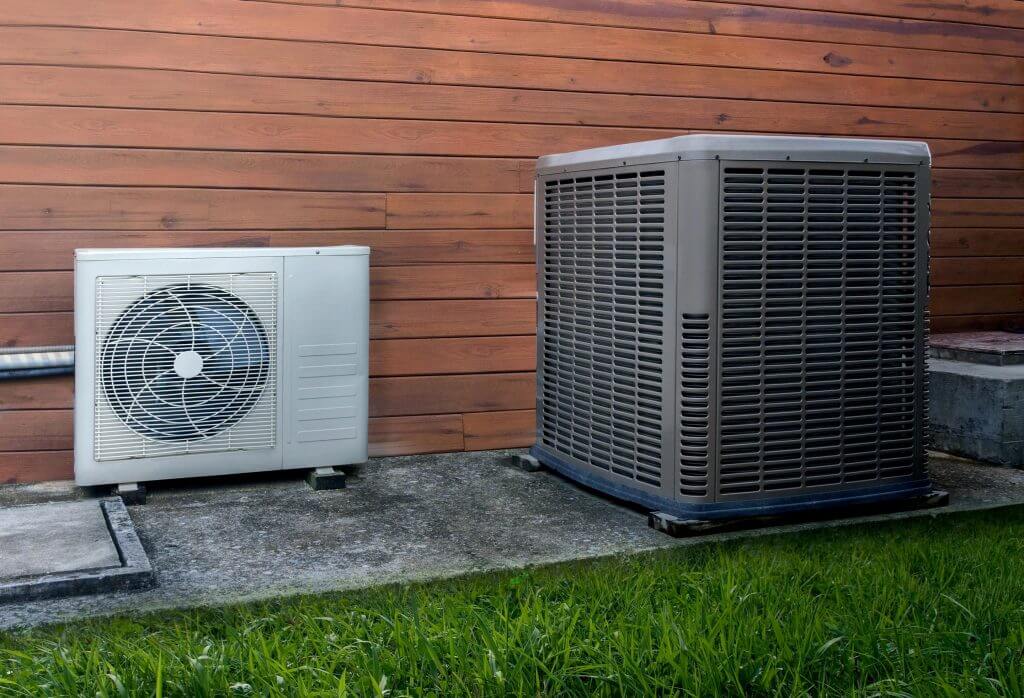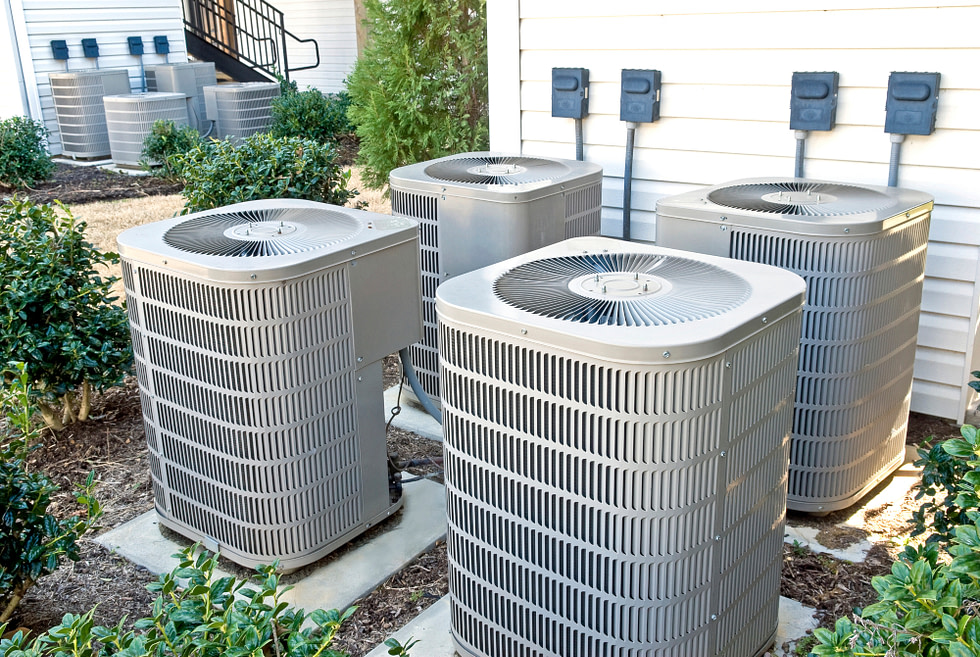Heating And Air Conditioning In One Unit
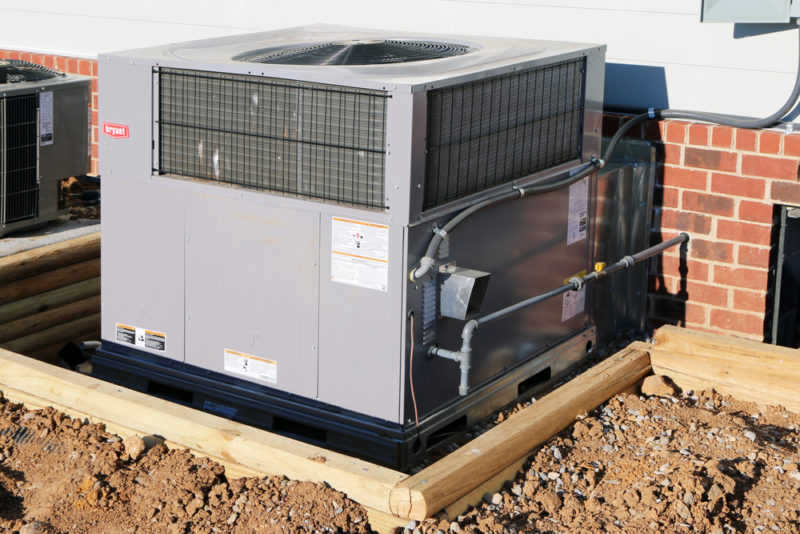
Frequently Asked Questions About Heating and Air Conditioning in One Unit
Many homeowners and facility managers are curious about combination heating and air conditioning systems. This article addresses the most common questions, providing clear and concise answers to help you understand these versatile units.
Question 1: What exactly is a "heating and air conditioning in one unit" system?
These systems, often referred to as heat pumps or packaged HVAC systems, combine both heating and cooling capabilities into a single, self-contained unit. Instead of having a separate furnace for heating and an air conditioner for cooling, all components reside within one cabinet. This cabinet is typically located outside the building, either on the ground or on the roof.
Think of it like a refrigerator working in reverse. In the summer, it acts like a traditional air conditioner, removing heat from your home and releasing it outside. In the winter, it reverses the process, extracting heat from the outside air (even when it's cold!) and transferring it indoors.
There are also hybrid systems where a heat pump is paired with a gas furnace, called dual fuel systems. These switch between the heat pump and furnace depending on the outside temperature and which is the most efficient option at that time.
Question 2: How does a heat pump actually heat my home when it's cold outside?
This is a common point of confusion. Heat pumps don't *create* heat; they *transfer* it. Even in very cold air, there's still some heat energy present. The heat pump uses a refrigerant to absorb this heat, compresses it to increase its temperature, and then releases it into your home via the ductwork.
It's important to understand that a heat pump's efficiency decreases as the outdoor temperature drops. This is why many heat pumps are paired with electric resistance heaters (like those found in electric furnaces) that kick in as a supplemental heat source when the heat pump can't keep up. Dual Fuel systems use a gas furnace for supplemental heat.
Here’s a simplified breakdown:
- Refrigerant Absorption: A refrigerant circulates through coils, absorbing heat from the outside air.
- Compression: The refrigerant is compressed, which increases its temperature.
- Heat Release: The hot refrigerant flows through indoor coils, releasing heat into your home.
- Expansion: The refrigerant expands, cooling down and returning to the outdoor coils to repeat the process.
The key is the refrigerant and its ability to efficiently transfer heat even at low temperatures.
Question 3: What are the advantages and disadvantages of using a "heating and air conditioning in one unit"?
Like any HVAC system, heat pumps have their pros and cons. Understanding these will help you determine if a heat pump is the right choice for your situation.
Advantages:
- Space Savings: Because all components are in one unit, you save space both inside and outside your home. No need for a separate furnace taking up valuable space in your basement or utility closet.
- Energy Efficiency: Heat pumps are generally more energy-efficient than traditional electric resistance heating systems. They transfer heat rather than generating it, which uses less energy. Modern heat pumps are extremely efficient.
- Year-Round Comfort: Provides both heating and cooling, ensuring comfortable temperatures throughout the year.
- Potentially Lower Installation Costs: Depending on the specific installation, combining heating and cooling into one unit can sometimes be less expensive to install than separate systems.
- Quieter Operation: Many modern heat pumps are designed for quiet operation, especially compared to older furnaces.
- Environmental Benefits: Due to their energy efficiency, heat pumps can help reduce your carbon footprint.
Disadvantages:
- Lower Heating Capacity in Extreme Cold: As mentioned earlier, heat pumps become less efficient and produce less heat when outdoor temperatures drop significantly.
- Supplemental Heat Required: In colder climates, a supplemental heat source (electric resistance or gas furnace) is often necessary, which can increase energy costs.
- Higher Upfront Cost: Heat pumps can sometimes have a higher initial purchase price than traditional air conditioners and furnaces.
- Maintenance: Like any HVAC system, heat pumps require regular maintenance to ensure optimal performance.
- Not Ideal for All Climates: Heat pumps are most effective in moderate climates with milder winters.
Question 4: How do I know if a "heating and air conditioning in one unit" is right for my home or building?
The suitability of a heat pump depends on several factors:
- Climate: Heat pumps perform best in moderate climates with mild winters. If you live in an area with extremely cold winters, a dual-fuel system (heat pump plus gas furnace) might be a better option.
- Energy Costs: Compare the cost of electricity and natural gas in your area. If electricity is very expensive and natural gas is relatively cheap, a gas furnace might be more cost-effective for heating. However, the efficiency of modern heat pumps is increasing, so it's important to get a current cost analysis.
- Home Insulation: A well-insulated home will help reduce heating and cooling costs regardless of the type of HVAC system you choose. Make sure your home is properly insulated before investing in a new HVAC system.
- Ductwork: Existing ductwork should be in good condition and properly sized to handle the airflow from the heat pump.
- Budget: Consider your budget for both the initial purchase and long-term operating costs.
The best way to determine if a heat pump is right for you is to consult with a qualified HVAC professional. They can assess your specific needs and recommend the most appropriate system for your home or building.
Question 5: What size "heating and air conditioning in one unit" do I need?
Determining the correct size of a heat pump is crucial for optimal performance and energy efficiency. An oversized unit will cycle on and off frequently, leading to uneven temperatures and increased wear and tear. An undersized unit will struggle to heat or cool your home properly, resulting in higher energy bills and reduced comfort.
HVAC professionals use a process called a Manual J load calculation to determine the appropriate size of a heat pump. This calculation takes into account several factors, including:
- Square footage of your home
- Insulation levels
- Number and size of windows
- Orientation of your home (sun exposure)
- Climate
- Number of occupants
- Air leakage
Never rely on rule-of-thumb calculations or guesswork when sizing a heat pump. Always consult with a qualified HVAC professional to ensure accurate sizing.
Question 6: How much does a "heating and air conditioning in one unit" cost to install?
The cost of installing a heat pump varies widely depending on several factors:
- Size of the unit: Larger units cost more than smaller units.
- Efficiency rating: Higher-efficiency units typically have a higher upfront cost but can save you money on energy bills in the long run.
- Complexity of the installation: Factors such as existing ductwork, electrical wiring, and accessibility can affect installation costs.
- Brand and model: Different brands and models have different price points.
- Location: Labor costs can vary depending on your location.
- Permits and inspections: You may need to obtain permits and inspections before and after the installation.
- Type of System Whether it’s a standard heat pump, mini-split, or dual fuel system will affect the price.
As a general guideline, expect to pay anywhere from $5,000 to $15,000 or more for a complete heat pump installation. The best way to get an accurate estimate is to obtain quotes from several qualified HVAC contractors.
When comparing quotes, be sure to ask for a detailed breakdown of the costs, including the cost of the unit, installation labor, and any additional fees.
Question 7: How do I maintain a "heating and air conditioning in one unit" to keep it running efficiently?
Regular maintenance is essential for ensuring the longevity and efficiency of your heat pump. Here are some important maintenance tasks:
- Change or clean air filters regularly: Dirty air filters restrict airflow, which can reduce the efficiency of the heat pump and damage its components. Change or clean your air filters every 1-3 months, or more often if you have pets or allergies.
- Clean the outdoor unit: Remove leaves, debris, and snow from around the outdoor unit to ensure proper airflow.
- Inspect the coils: Clean the evaporator and condenser coils regularly to remove dirt and debris. A professional HVAC technician can perform this task.
- Check the refrigerant levels: Low refrigerant levels can reduce the efficiency of the heat pump and damage the compressor. A professional HVAC technician can check and recharge the refrigerant levels.
- Lubricate moving parts: Lubricate the fan motor and other moving parts to reduce friction and wear.
- Inspect the ductwork: Check for leaks and damage in the ductwork and repair any problems.
- Schedule annual maintenance: Schedule a professional HVAC inspection and tune-up at least once a year. A qualified technician can identify and address any potential problems before they become major issues.
By following these maintenance tips, you can help keep your heat pump running efficiently and extend its lifespan.

